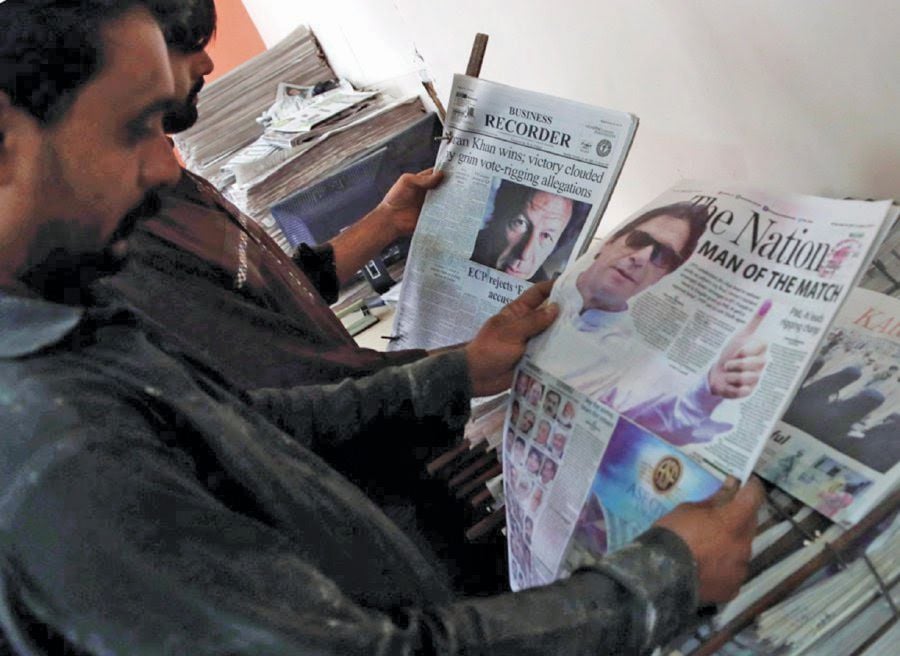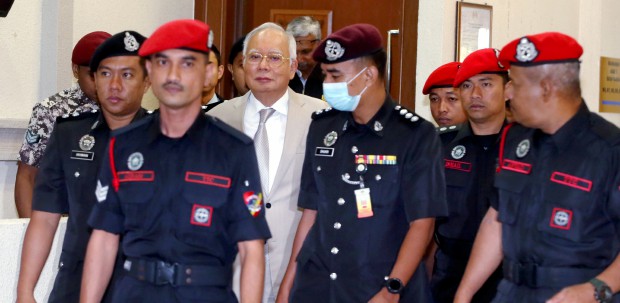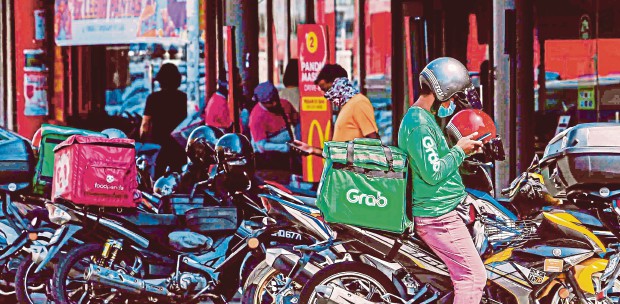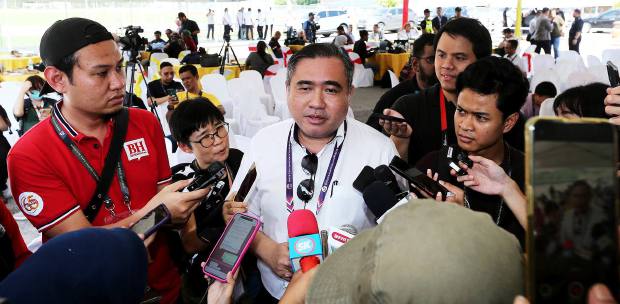THREE weeks ago, Imran Khan’s Pakistan Tehreek-e-Insaf (PTI) emerged as the party with the largest number of seats in the general election on July 25. Yet Khan remains a prime minister-in-waiting with no clear indication when he would be sworn in.
In Zimbabwe, newly-elected Emmerson Mnangagwa of the ruling Zanu-PF party, which has ruled the country since independence in 1980, was forced to defer his inauguration last Sunday. In Venezuela, President Nicolás Maduro won re-election to another six-year term in the presidential election in May, in a vote marred by an opposition boycott.
In Iraq, Parliament passed a law in June ordering a nationwide manual recount of votes in the parliamentary election held on May 12. The recount started last month and is yet to be completed.
The common denominator in all the above cases was allegations of election fraud. The list is becoming disconcertingly larger, which raises a question about the future of electoral politics and processes given the rise of sectarian and so-called “identity politics” as the world nears the end of the second decade of the 21st century.
It is not only the credibility and reputation of countries that have suffered, but the cost in human lives has been appalling. Kenya’s highly disputed presidential and parliamentary elections held in August last year were declared null and void by the courts after allegations of vote rigging and foul play, which ordered a rerun in October, which in turn was boycotted by main opposition leader Raila Odinga but won by incumbent President Uhuru Kenyatta.
According to Human Rights Watch, at least 12 people, possibly more, were killed and over 100 seriously injured in the post-election period leading up to the rerun through “unlawful killings” and beatings of protesters by police.
This pales into insignificance to the 1,100 people who died during the 2007 Kenyan elections, albeit the violent and unlawful death of even a single person is anathema to the democratic ethos let alone process.
The fact that Odinga declared himself the “people’s president” at a farcical swearing-in ceremony in Nairobi in January, even though Kenyatta was sworn in as the official president in November last year, only gives succour to the bigots who like to caricaturise electoral politics in developing countries especially in Africa as intrinsically flawed and unfeasible.
Election-related killings, perhaps even more violent and underhand, unfortunately have been common in places such as Afghanistan, Iraq, Pakistan, Venezuela, Russia, Egypt, Libya, Ukraine, Tunisia, Nigeria.
Allegations of election fraud are not the preserve of emerging countries.
Remember the 2000 United States presidential election, when it took a Supreme Court verdict to hand victory to Republican George W. Bush as the 43rd president, after his Democrat opponent Al Gore disputed the count in Florida, following allegations of electoral shenanigans relating to the registration of African-American voters, who traditionally supported Demo-crats.
Bush narrowly won the antiquated and undemocratic electoral college by 271 to 266 even though Gore had won the popular vote by half a million. The fact that the state was run by his brother Governor Jeb Bush and the election commissioner was a political appointee, only served to raise further suspicions and the democratic deficits of the US electoral process.
Indeed 2018 is awashed with presidential and parliamentary elections all over the globe. My research shows 15 presidential elections and 49 parliamentary elections have been or will be held by the end of the year. This might give the impression that democracy is healthy worldwide, like a false positive in a medical test. Unfortunately, in several countries the electoral process is merely an exercise in name only, stage-managed and highly flawed due to several reasons.
The rise of sectarian and ethnic-based political parties, and identity politics as espoused by populist parties, the increasing ascendancy and reach of social media in the “marketing” of politics and candidates, and the pernicious perversion of the electoral process by the fake news industry, often outsourced to outsiders or perpetrated by unfriendly countries, as in the case of proven Russian interference through the Internet and social media sites such as Facebook in the 2016 US presidential election, suggest that democracy and the electoral process are under threat. As if allegations of electoral fraud and related offences are not enough.
Nevertheless, the electoral process continues to thrive in several countries, especially in the “mother of parliaments” Britain. The two memorable elections in 2018 thus far are an emphatic vindication of the democratic process and include the stunning victories of the Pakatan Harapan coalition in the Malaysian general election in May, and Recep Tayyip Erdogan’s decisive triumph in the Turkish presidential election in June.
Yet internationally there is no organisation that can step in to effectively run the electoral process in countries, especially near-fuedal ones, where the propensity for excesses is entrenched. Some may regard this as tantamount to undermining the sovereignty of a country. Under the United Nations aegis there is the International Court of Justice (ICJ), which has proven effective in rendering justice where it is needed.
The world needs an election equivalent to the ICJ — perhaps an International Election Organising Commission — not to decide who won an election but to capture and own the process, including nominations, funding, policing, vote-counting, media access and final results.
The UN has an approach to electoral management support, both technical and through observers. But they are not able to stop vote-rigging and fraud.
The writer is an independent London-based economist and writer






